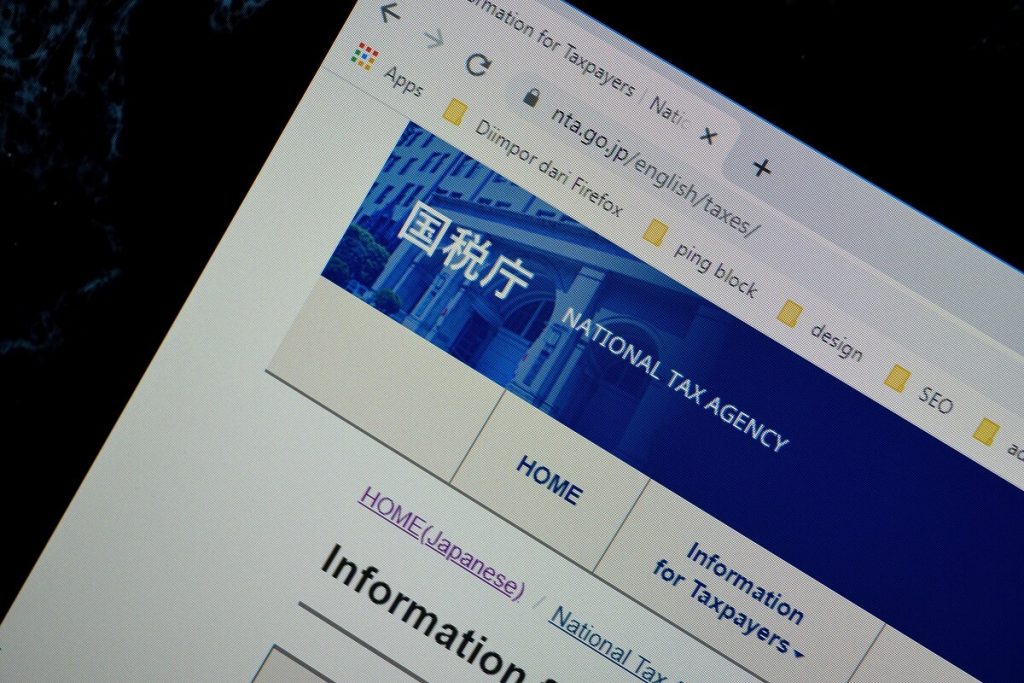Japanese Tax Body Updates Crypto Guidelines for Staking and Lending, but Not NFTs

Japan’s tax body – the National Tax Agency – has updated its crypto FAQs, addressing issues including staking and crypto lending. But the body has made no mention of non-fungible tokens (NFTs) or token airdrops – a sign that it does not currently consider NFT trading or airdrops taxable.
Per CoinPost, the agency (known as the NTA) updated its FAQs on December 22 to add new sections pertaining to “profits earned from” staking and lending coins. It remarked that when making tax calculations – which need to be made in fiat yen – it is important that crypto investors make a note of the market price of coins at the time of acquisition.
The revised FAQs explain that the same rules should apply to staking and lending as already apply to crypto mining: the NTA regards mining as “acquiring” coins, which means all tax calculations must be made at the time the coins come into miners’ possession, using market prices to calculate their fiat yen worth.
If miners then sell their coins for a higher market price, the profit (in yen) needs to be declared.
iForex Japan, which also reported on the development, explained the system by giving the following example:
“If the [tokens] obtained via mining efforts were worth 50,000 yen apiece at [the time of mining], that would be regarded as the acquisition price. And if the [miner then] sold the coins at a later date when [the price] reached 100,000 yen, the profit would be taxed at 50,000 yen. The costs incurred during the mining effort [electricity fees] can be recorded as expenses.”
Staking and lending, the NTA explained, are also to be also taxed in the same way: when coins are staked or lent, a taxpayer needs to record the market price at the time the contract is struck. When the contract is completed, creating “profits,” the “difference between the sale price and the acquisition price” must be declared and is subject to taxation.
As such, the body explained, individuals who fail to record market prices at the time could encounter problems later down the line, when they are obliged to make tax declarations. It noted that as staking and lending are often conducted via crypto exchanges, trading platforms may keep records of the relevant information.
But it warned that relying on exchanges to provide the data at a later date was not a fail-safe method in all cases – and that individuals were responsible for their own record-keeping.
____
Learn more:
– SBI Subsidiary ‘to Launch Japan’s First Bitcoin, Altcoin Fund’ for Individual Investors- Japanese Regulator Eyes Stablecoin, Wallet Provider Regulations in 2022
– More Crypto Regulation May Be on its Way in South Korea, Japan- Japanese Regulator Has NFTs, IEOs in its Sights as it Eyes More Crypto Regulation
– Looking for a Country with Clearest Crypto Tax Policies? Check This List- DAOs, Token Holders Could Face New Tax Liabilities, PwC Report Warns
– 1BN Crypto Users, Friendlier Regulations, Countries Adopting Crypto – Crypto.com’s 2022 Predictions- Insiders Predict: NFTs the ‘Gateway Drug to Crypto’, More Countries May Adopt Bitcoin in 2022















